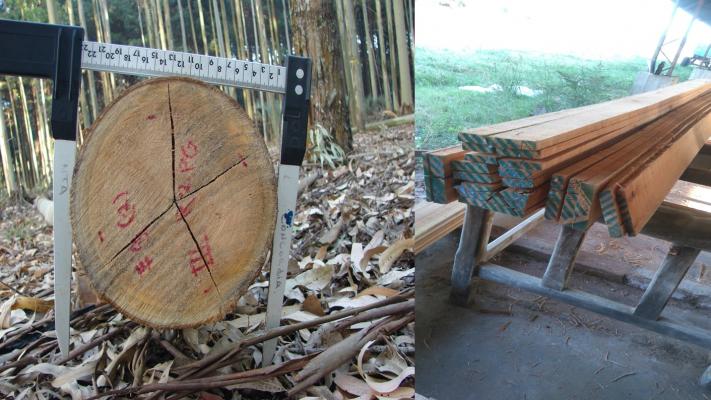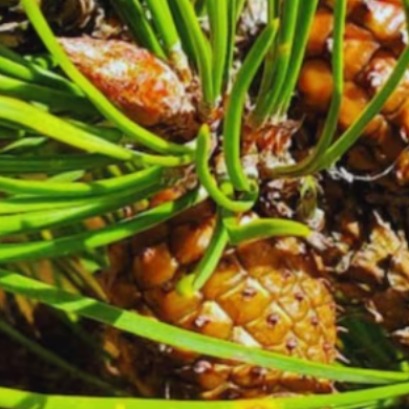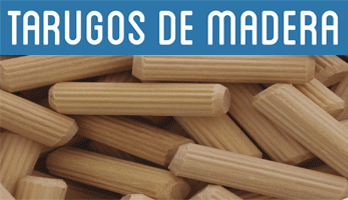
Technological characterization of Eucalyptus clones,
The Master's thesis has been completed and presented
The Master's thesis, developed by Eng. Ftal Martinez Matias, member of the EEA INTA Concordia forestry group, has been completed and presented. It bears the title of "Technological characterization of Eucalyptus clones, where the work consisted of evaluating the physical, mechanical properties and wood defects from hybrid clones, GC INTA 24 and GC INTA 27, which come from the crossing of E grandis x E. camaldulensis and pure clones of E. grandis, EG INTA 157 and EG INTA 36, comparing them with the seminal material of E. grandis, mostly planted in the region. On November 24 at the Faculty of Forest Sciences of the National University of Misiones, this research has been presented, to complete this stage of professional training and opt for the title of Magister in Forest Sciences. This type of study provides knowledge of the suitability of wood for different uses, industrial processes, and an integral use of them, generating products with greater added value.

IT MAY INTEREST YOU
 The DNA of forests: they discover what makes a tree resist drought
The DNA of forests: they discover what makes a tree resist drought
An international team, with the participation of INTA and Conicet, discovered that genetics can be decisive for trees to better resist droughts
 Native forest | In Misiones, controls are tightened on routes for illegal transport of native wood, logging of forests without permits and fraudulent digital guides
Native forest | In Misiones, controls are tightened on routes for illegal transport of native wood, logging of forests without permits and fraudulent digital guides
Informality in forestry activity in Misiones was once again evident, the culture of operating illegally is a historical problem, and the Ministry of Ecology and Renewable Natural Resources carries out the corresponding control and inspection operations in the regulation of productive activity and sustainable management for the use of native forests.
 Reforestation advances in the Historic Sanctuary of Machu Picchu with new restored hectares
Reforestation advances in the Historic Sanctuary of Machu Picchu with new restored hectares
The plan includes the planting of a thousand new trees in the sanctuary, in response to the damage caused by forest fires and environmental threats, with the support of local authorities and representatives of the tourism sector.















